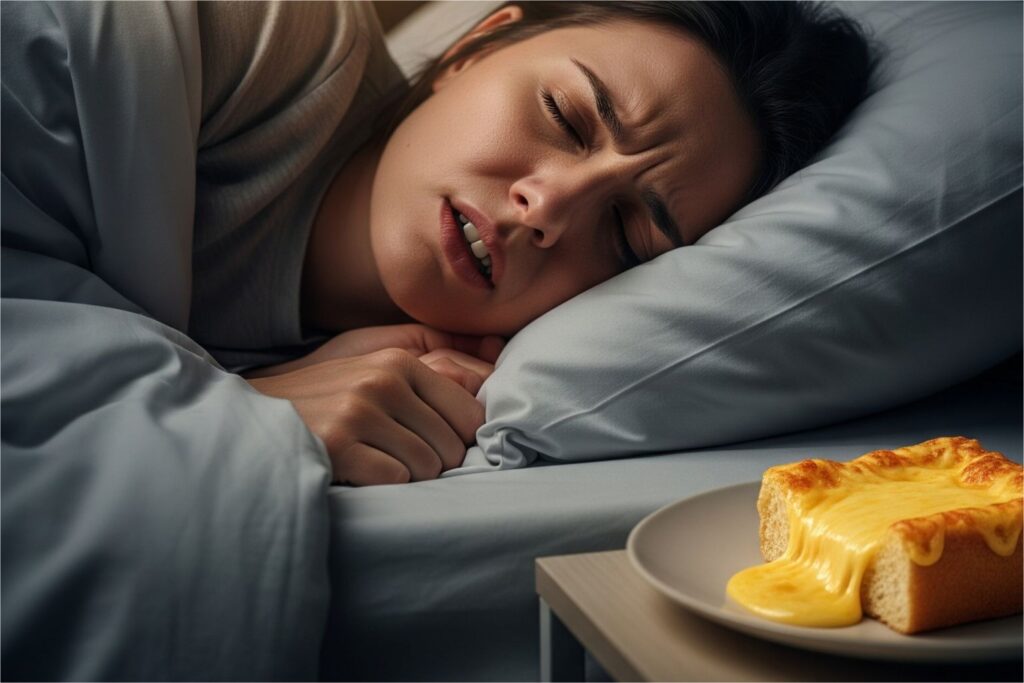
If you’ve ever blamed a cheesy late-night snack for a terrible dream, new research says you might be onto something.
A study published this week in Frontiers in Psychology suggests a possible link between dairy consumption and nightmares, particularly in people with lactose intolerance. Researchers found that participants who experienced more severe gastrointestinal symptoms from dairy were also more likely to report intense and distressing nightmares.
Also Read | Black coffee could help you live longer if you skip sugar and cream
The study, led by researchers from the University of Montreal, surveyed more than 1,000 people about their sleep and eating habits. Participants who reported digestive discomfort from dairy also reported frequent, vivid, and long-lasting nightmares that disrupted their daily lives. The foods most commonly associated with bad dreams were dairy and sweets.
The research builds on a 2015 study that first explored the idea of “food-dependent dreaming.” “In the earlier study, people were blaming cheese all the time for their bad dreams,” said study co-author Tore Nielsen, professor of psychiatry at the University of Montreal. “I think we got some better answers in this study.”
Although the survey sample was limited to undergraduates in a psychology class, experts say there are several plausible reasons for the connection between dairy and disturbing dreams.
One explanation is that gastrointestinal discomfort can cause sleep disturbances, which in turn may contribute to more vivid or unsettling dreams. “If you have GI issues, that could account for a lot of what’s happening in terms of your sleep disturbances that could be associated with different dreams,” said Marie-Pierre St-Onge, director of the Center of Excellence for Sleep & Circadian Research at Columbia University.
Another theory comes from Patrick McNamara, a neurology professor at Boston University who studies sleep and dreams. He suggests that trigger foods like dairy may lead to micro-arousals during sleep, brief awakenings that disrupt the sleep cycle and can intensify nightmares.
However, both the researchers and external experts note that other factors may be influencing the results, and more research is needed. Nielsen and co-author Russell Powell of MacEwan University say they plan to replicate the study in more diverse populations to explore the link further.
In the meantime, Nielsen says people can observe how their diet affects their sleep and dreams, and make changes accordingly. “These are simple interventions people can try without needing a doctor,” he said.








